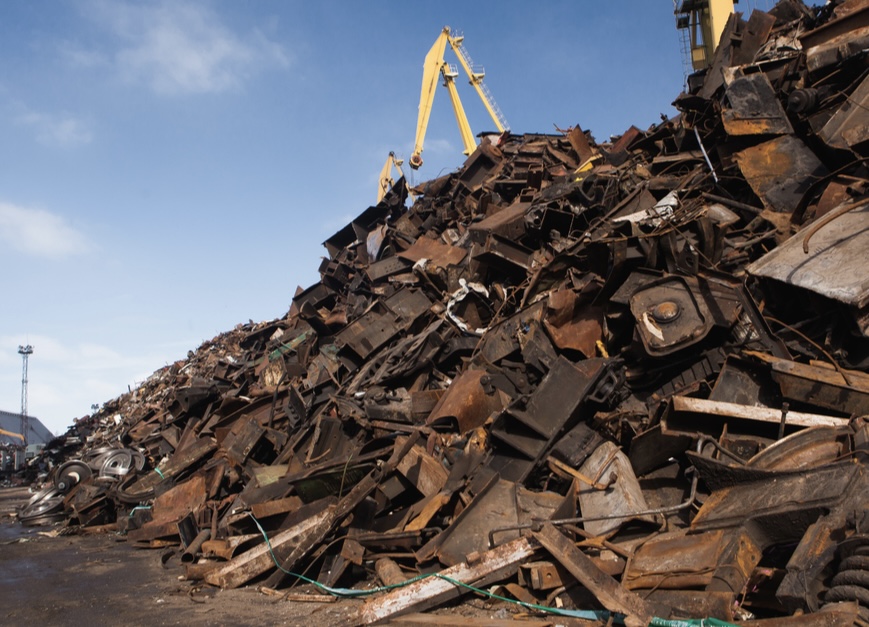Kazakhstan's Ministry of Industry and Construction has proposed an extension of the ban on scrap metal exports for another six months, a move aimed at securing raw materials for domestic steelmakers. The draft order, published on January 24, prohibits the export of ferrous and non-ferrous scrap, used pipes, railway tracks, and rolling stock. The rule will take effect ten calendar days after its first official publication.

The ministry emphasized that the decision was made to ensure the availability of raw materials for Kazakhstan's metallurgical enterprises, supporting the country's strategic goal of maximizing the processing of secondary metals. This, in turn, aims to boost the production of higher value-added products, promote environmental goals, and reduce energy consumption.
The export ban was initially imposed seven years ago, with certain allowances for exports to Russia, as both countries are part of the Eurasian Customs Union (EAEU), meaning the restriction does not apply to shipments between them.
Additionally, Kazakhstan imposed a similar export ban on steel billets and semi-finished products from December 1, 2024. This restriction will last for six months and includes all transport methods for billets (HS 7206) and semi-finished products (HS 7207). The government's aim is to stimulate the production of finished steel products within the country, strengthening the local steel industry.
The measures are aligned with Kazakhstan's broader efforts to boost its steel sector. According to GMK Center, the country's steel production rose by 9.5% in 2024, reaching 4.17mn tons, a notable increase from the previous year. At Qarmet Iron and Steel Works, production targets were exceeded by 15% for steel, 18% for coke, 12% for sinter, and 17% in the rolling shop section.
Follow Daryo's official Instagram and Twitter pages to keep current on world news.
Comments (0)